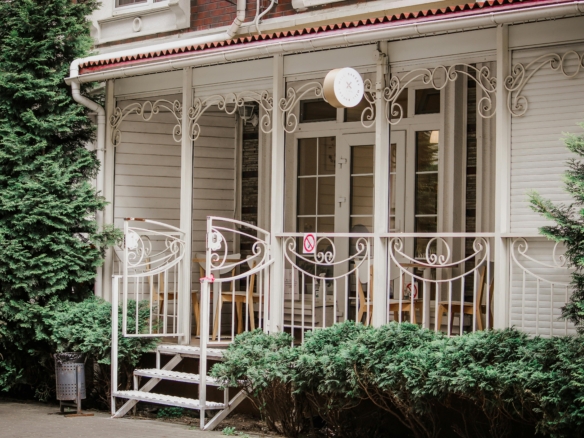Hamburg, Germany (Photo: Luxtonerre)
Market overview
Ever since the fall of the Berlin Wall, united Germany has risen to become one of Europe’s strongest real estate markets. With significant national wealth and a stable economy, Germany is a reliable place for investors and an appealing place for second home buyers.
Away from the capital, there is an immense variety of landscapes, from green hills and woods to picturesque lakes and beaches, to suit a range of holiday home hunters. The major cities of Frankfurt and Munich, located at the heart of Europe, are where investors like to head, benefitting from their culture, business and financial influence. Berlin is the main hotspot for international buyers. The capital favours tenants in a country that largely comprises renters, but this demand generates high yields for homeowners. Those hunting outside of the peak summer season can target Bavarian ski resorts for wintertime returns, giving Germany a versatility to match its economic clout.
The Selling Process
Market your property
If you used an agent to buy your German property, it could make sense to use the same one to sell it as they will already know the property. Alternatively, there are a growing number of websites that can help you sell your property privately.Before you take on the services of an estate agent, you should check carefully what they will and will not do in terms of marketing and their commission charges. In Germany, property may be sold privately or through estate agents. German estate agents do not share listings, meaning more freedom for both buyer and seller.
 Preliminary agreement
Preliminary agreement
Once you have found a buyer for your property, it is usual practice for the buyer to sign a reservation form, which will essentially reserve the property for a period of between one and four weeks. Note that at this stage, neither you nor the buyer has entered into a legally binding contract. If the buyer goes ahead with the sale, you should receive details of the official offer via your agent or, in some cases, from the buyer directly.
 Cooling off period
Cooling off period
There is no cooling off period in Germany.
 Legal searches
Legal searches
Sellers must ensure they possess relevant property ownership documents and make sure they have paid any outstanding tax or utility bills on their property. The seller is obliged to sell the property free from defects. The seller is liable for defects, which reduce the value of the property, or prevent the use of the property for a particular purpose. If the property lacks a particular characteristic which the vendor claimed it possessed, they are liable.
 Deposit
Deposit
A deposit of about 30% will likely be needed to obtain a mortgage which should cover 60 to 70% of the cost up to a 20 year period. Interest rates are the lowest in years at about 4%.

When the seller accepts your offer, your notary will draw up the sale contract. Accuracy is paramount, as even a small error might at least partially invalidate the contract. The contract must show the following:
- Names and addresses of the parties.
- Details of the property.
- The agreed purchase price.
- Terms and conditions of payment, including what happens in the event thatone or other party fails to adhere to the terms of the contract.
The seller is required to disclose any hidden defects, but is not obliged to point out any defects that should be obvious to the buyer. The notary is responsible for the legal work and contract obligations, and checks that no liabilities exist. Both parties need to agree with the notary the date ofsigning the contract. It is strongly advised that you review the contract carefully and have it translated into English if necessary.
At the signing ceremony, the notary reads the contract aloud in German for bothparties. If you are not German speaking and your legal representative is not bilingual, it is advisable to employ a qualified translator. You can at anytime interrupt the proceedings if you do not completely understand a clause.
It is customary for the buyer to pay the purchase monies into an account maintained by the notar. Only when the land registry entry is complete does themoney then get transferred from this holding account to you, the vendor.
The estate agent’s commission is also paid at this stage.

After the contract is signed the notary records the sale at the land registry office (Grundbuchamt), a process that usually takes four to six weeks. A change in ownership officially occurs only when:
An entry is made in this land register when:
- Previous mortgages have been cleared.
- The tax office has certified that the seller has no property taxes outstanding.
Average selling prices

1 Bed Apartments
£251,300
2 Bed Apartments
£255,602
3 Bed Apartments
£461,483
4 Bed Homes
£751,925
Selling costs checklist
What to put in a property sales contract.
Details of the property, including hidden defects (ones which should be obvious to the buyer are not required to be disclosed) Terms and conditions of payment, including what happens if thher party fails to adhere to the terms of the contract The agreed purchase price
Photos: Images_of_Money, AJC1 / Diana Parkhouse





